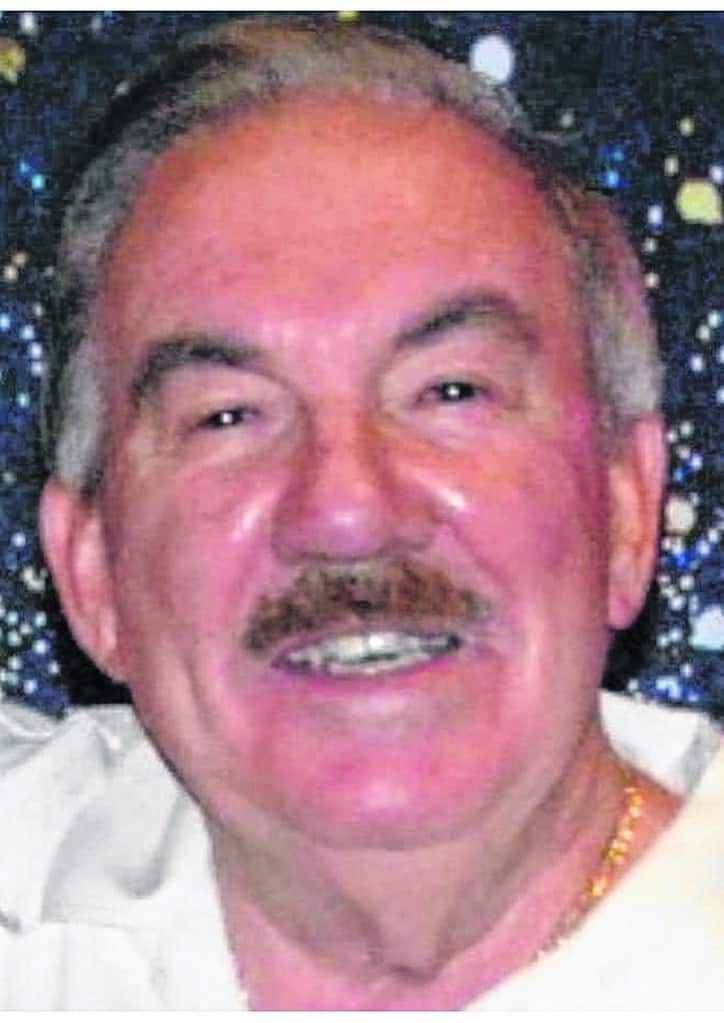Rage over police-involved shootings of black men in Minnesota and Louisiana has escalated in the past week in Bartholomew County’s black community, said a member of the local African American Pastors Alliance.
Bishop Charles A. Sims highlighted those feelings during a meeting Monday between four members of the alliance and The Republic’s editorial board.
“When you turn up the heat on a pot (of water), eventually it’s going to start boiling,” said Sims, who is pastor at Calvary Community Church of Columbus. “We’re now at the boiling state.”
Sims also said he thinks blacks locally and nationally mistrust the fairness of the U.S. judicial system. He said that, most often, officers initially accused of wrongdoing in incidents involving blacks “are acquitted (of charges), and that creates rage.”
[sc:text-divider text-divider-title=”Story continues below gallery” ]
As an example, he cited the acquittal of a Cleveland patrolman who in 2014 fatally shot a 12-year-old black boy drawing a pellet gun from his waistband outside a recreation center. The legal decision came after a year-long investigation.
“They simply said it was a mistake,” Sims said.
Sims, who worked for the Indiana State Police before he entered the ministry and asserted that he is “totally pro police,” also said that he feels police-involved violence against blacks nationwide “is something that has been happening for years now.”
Other members of the alliance — the Rev. Mike Harris, the group’s leader; the Rev. David C. Bosley; and the Rev. Frank Griffin — all expressed serious concern about the Dallas Police Department’s judgment to use a bomb robot to stop the black sniper who killed five officers Thursday night during what had been a peaceful protest of officer-involved killings of blacks.
“From my standpoint, I think that decision is still controversial,” said Bosley, pastor of Dayspring Church of God Apostolic, Columbus. “That’s not to say it’s entirely wrong. And that’s not to say it’s entirely right.”
Griffin agreed.
“The ability to carry out an action and be judge and jury is real,” said Griffin, pastor at Thy Kingdom Come Ministries of Greenwood. “Technology is advancing beyond our conversation.”
Alliance members mentioned that such local feelings of anger underscore the importance of blacks and black leaders continuing a dialogue with local officials, including law enforcement and government leaders.
They mentioned that they have waited to begin formal discussions with new Mayor Jim Lienhoop in order to give him time to get acclimated to his role, which he assumed Jan. 1. But they did mention they have had some communication with Lienhoop and hope to schedule actual meetings with him in the near future.
Alliance members also outlined Monday that they now prefer to be part of a broad-based community event to memorialize lives lost nationally in the shootings of last week instead of considering a gathering that primarily includes local members of the black community. They said it was important for community unity for all people to come together as one, regardless of race.
Griffin said he believes that police relations with the national black community sometimes can include a racist factor.
“And there is also a fear factor. I think many officers fear black men,” Griffin said. “That’s another component of this. Police may be anxious.”
He said that especially can be the case when a black motorist reaches into a back pocket to retrieve a wallet during a traffic stop.
“I think the fear is on both sides,” Sims added.
He recently told one of his sons who will be driving back and forth between Indianapolis and Muncie for classes at Ball State University “to be careful.”
That’s because his son is black and might be involved in a traffic stop at some point in his commutes, the pastor said.
“I fear for my sons,” Sims said. “I fear for my grandsons. If you’re African American, you don’t have to be doing anything wrong to be shot by a police officer.”
Amid these comments, Harris — pastor of Faith, Hope and Love Church of God in Christ, Elizabethtown — said that the alliance has had good relationships with the Columbus Police Department and Bartholomew County Sheriff’s Department.
One measure of success a year or two from now of the alliance’s planned community dialogues should be that “a fear level will go down on everybody’s side. And I think there will be a more open, continued dialogue,” Sims said.
“We don’t want to see police officers coming to our neighborhoods because somebody’s getting arrested. I think that’s how America as a whole feels. But we need police protection. And I thank God for it.”
Harris said the alliance wants to be as positive as possible.
“We want to support those (officers) who are doing a great job (nationwide),” Harris said. “And if there are officers not doing a great job, then police need to deal with that. They need to internally get rid of some those officers doing some of the things they’re doing.”
Griffin emphasized that the alliance’s public discussions locally about race, launched nearly two years ago with the topic of body-worn cameras for police, must continue in order to treat elements such as anger in the black community and misunderstanding among others.
An illness “that goes untreated can turn into something significant, even cancer,” Griffin said.
[sc:pullout-title pullout-title=”On traffic-stop caution” ][sc:pullout-text-begin]
The leader of the local African American Pastors Alliance said no matter how angry black motorists might be about practicing detailed traffic-stop cautions currently, they’d best practice care and wisdom.
“If there are 10 steps to do, then I would want you to do all 10 steps,” the Rev. Mike Harris said.
He spoke Monday morning during a meeting with three other members of the alliance and The Republic editorial board.
Harris and his alliance ministry peers especially have been encouraging black male drivers to use extreme caution and courtesy if stopped by police anywhere these days.
Their urging, which has surfaced regularly since 2014, has been renewed in the wake of police-involved fatal shootings of black men in Minnesota and Louisiana.
“I’m not saying that everything being said is right (about what blacks should do at stops),” Harris said.
But he said for the sake of safety, black drivers should be as accomodating as possible to officers’ requests.
[sc:pullout-text-end]





